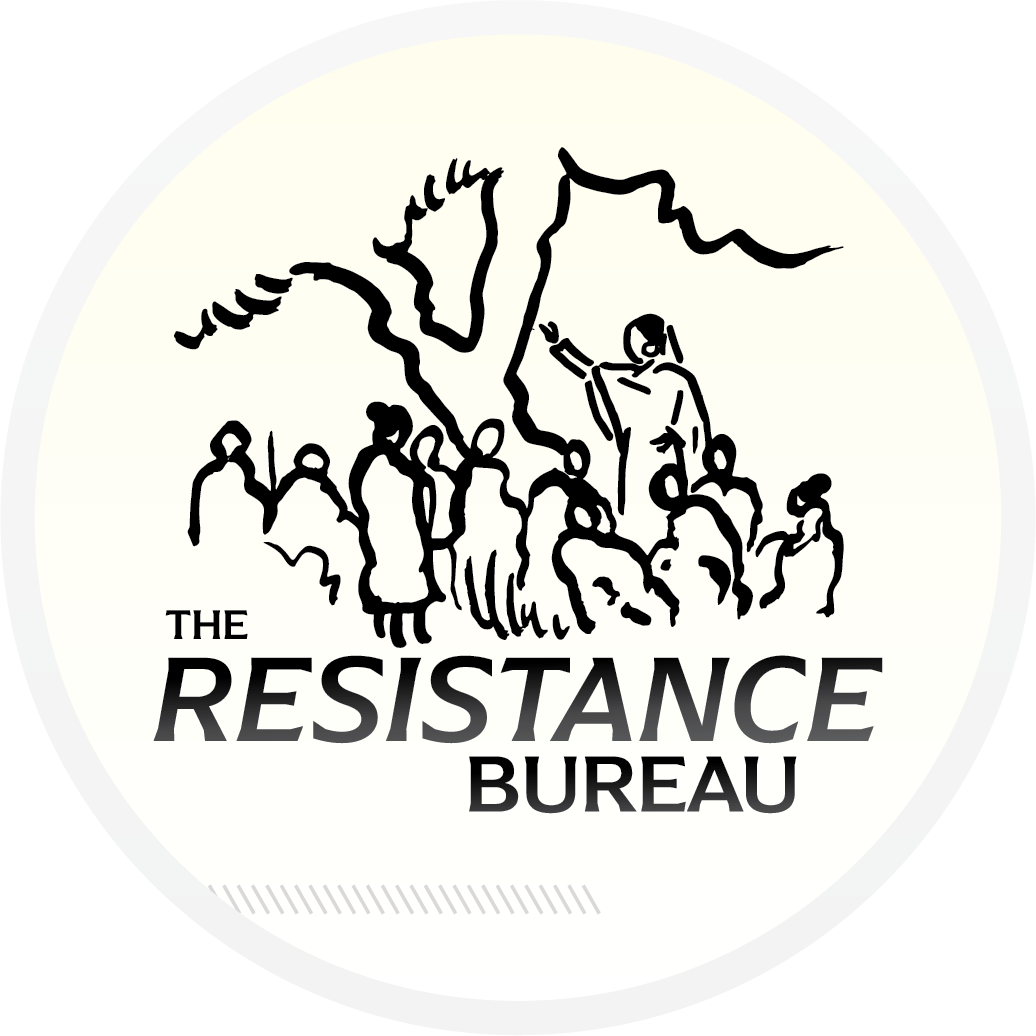Zambia Decides 2021: Resisting a Crisis of Democracy
Zambia was once considered to be among Africa’s more promising democracies. One of the very few countries to have experienced two democratic transfers of power at the ballot box, the 2011 election saw the victory of an opposition party that promised to end corruption and introduce a national minimum wage. Refusing to buckle under intense government pressure to fix the results in a close election, the electoral commission also appeared to have come of age.
2011 now feels like a very long time ago. The Patriotic Front (PF) government was initially hampered by the ill health and then death in office of its talismanic leader, Michael Sata. His replacement, former defense minister, Edgar Lungu, has presided over a period of pronounced political and economic declines. Borrowing heavily from international banks and donors, while failing to implement a coherent plan for economic recovery, the PF government has now presided over a debilitating debt default. It has taken a similarly reckless attitude towards the political system by harassing civil society groups, manipulating democratic institutions in its favor, changing the constitution to enable Lungu to stand for a third term, and using unfounded accusations of treason and sedition in a brazen attempt to silence critics. The situation is likely to deteriorate as the county heads towards general elections in August with the PF’s popularity and credibility at an all-time low.
This program will convene opposition leaders and prominent civil society activists to ask how further democratic backsliding in Zambia can be resisted, and how the electoral system can best ensure a free and fair vote.
